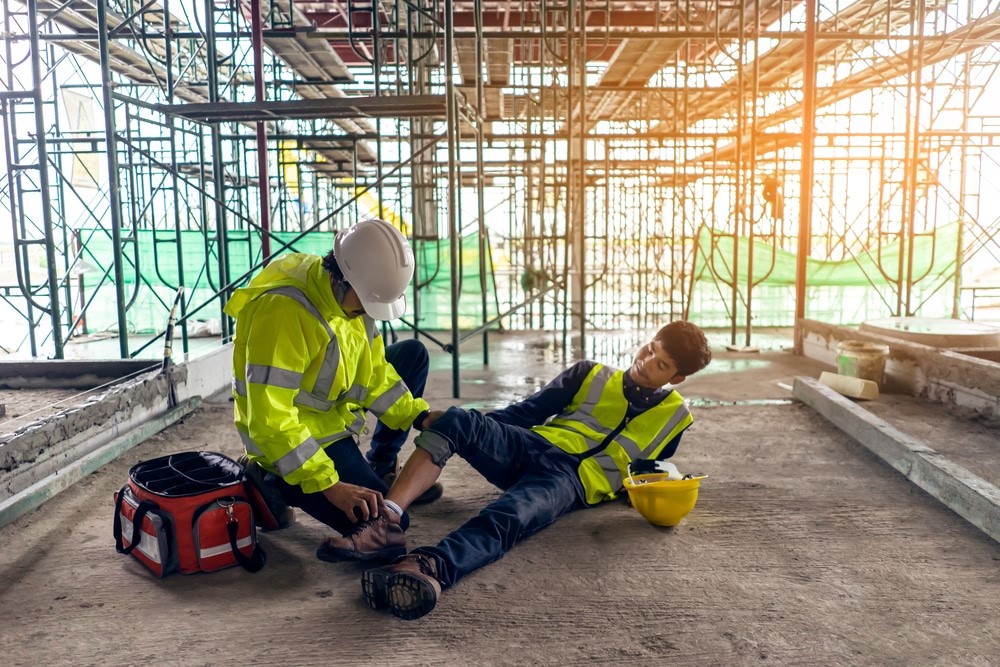
APELs Mast climbing work platform (MCWP) provide a safer and more efficient way to work at heights, offering several health-related benefits for workers in a variety of industries. Research studies have shown that ladder climbing can put a strain on the cardiovascular system, increasing the risk of heart attacks and other health problems. MCWPs offer a more secure and comfortable way to access work areas at height, improving overall worker health and safety.
One study published in the Journal of Occupational and Environmental Medicine found that workers who climbed ladders frequently had a higher risk of heart attacks than workers who did not climb ladders. The study concluded that ladder climbing is a significant occupational risk factor for cardiovascular disease, and recommended that employers take steps to reduce ladder use and provide safer alternatives, such as MCWPs.
Another study published in the International Journal of Industrial Ergonomics found that ladder climbing can cause muscle fatigue and discomfort, especially in the lower back and legs. The study recommended that workers limit ladder use and use alternative methods, such as MCWPs, to reduce the risk of musculoskeletal disorders (MSDs) associated with ladder climbing.
MCWPs can help reduce the physical strain and cardiovascular risks associated with ladder climbing. Unlike ladder climbing, which requires the body to work harder to pump oxygen to the muscles in use, using an MCWP reduces this physical demand, allowing workers to focus on their tasks without worrying about the physical demands of climbing a ladder. This can be especially beneficial for workers with pre-existing medical conditions that may make ladder climbing more difficult or dangerous.
MCWPs can also help prevent musculoskeletal disorders (MSDs) associated with manual handling and awkward postures. Climbing ladders can put a strain on the back, legs, and shoulders, which can lead to MSDs. Using an MCWP reduces the need for workers to carry heavy tools and materials up and down ladders, reducing the risk of MSDs.
In addition, MCWPs offer several safety features that can reduce the risk of falls and other accidents. MCWPs are equipped with guardrails and harnesses, providing a more secure way to access work areas at height. Unlike ladders, which require workers to climb up and down to access work areas, MCWPs provide a more comfortable and stable way to access work areas at height, reducing the risk of slips, trips, and falls.
In conclusion, mast climbing work platform (MCWP) offer several health-related benefits for workers in a variety of industries. MCWPs reduce physical strain, maintain a steady heart rate, improve worker safety, and help prevent musculoskeletal disorders. Scientific studies have shown that ladder climbing can put a strain on the cardiovascular system and increase the risk of heart attacks and other health problems. With all these benefits, it's easy to see why MCWPs are becoming an increasingly popular alternative to traditional ladder climbing in industries that require workers to work at heights.
Contact APEL, the leading Mast Climbing Work Platform (MCWP) rental company in India to learn more about how you can improve manpower safety for your upcoming project.
Get in touch with us at Info@apel.co.in